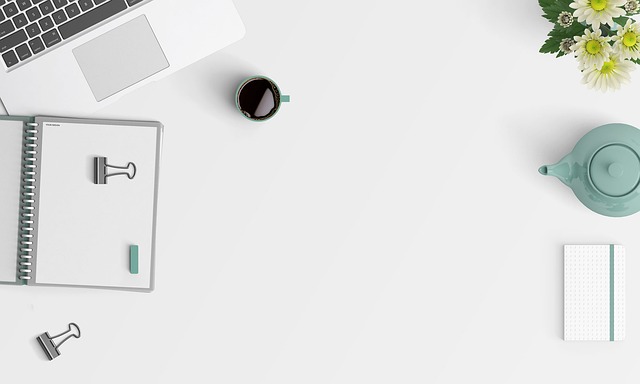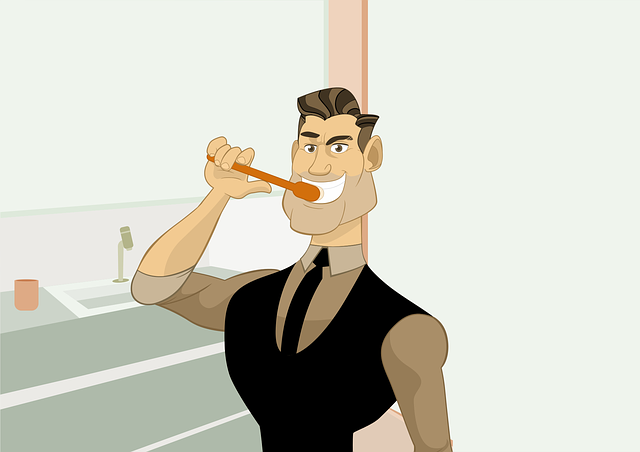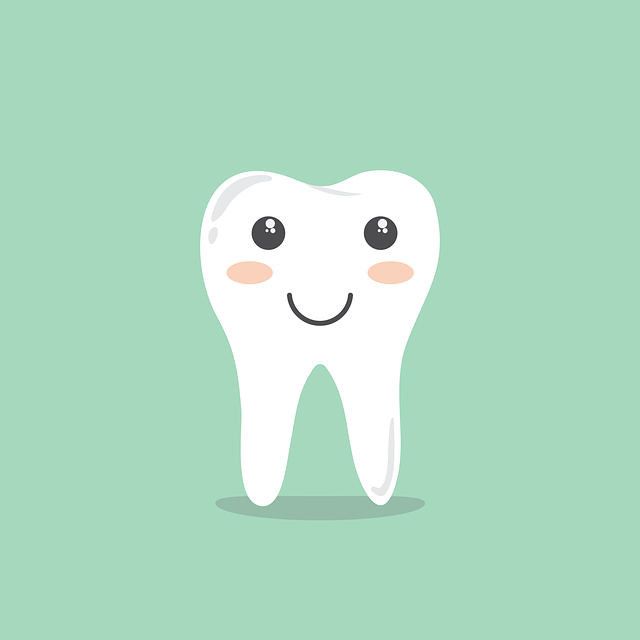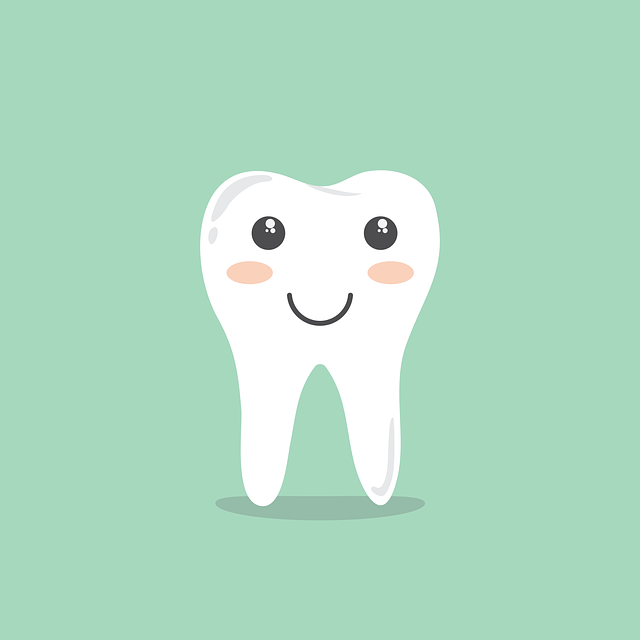Save Money: How to Extend the Life of Your Retainer
Are you tired of constantly shelling out money for new retainers? We’ve got you covered! In this article, we will share some expert tips on how to extend the life of your retainer, saving you both time and money. From proper cleaning techniques to smart storage solutions, we’ll equip you with the knowledge you need to ensure your retainer stays in tip-top shape for as long as possible. So, let’s dive in and discover the secrets to making your retainer last!
1. Understanding the Importance of Retainer Care
Proper retainer care is crucial for maintaining the health and effectiveness of your orthodontic treatment. Retainers are custom-made devices designed to keep your teeth in their new positions after braces or aligners have been removed. will help you ensure the longevity of your treatment results and protect your investment in orthodontic treatment.
Here are some key points to consider when it comes to retainer care:
- Wear your retainer as directed: Your orthodontist will provide specific instructions on how often and for how long you should wear your retainer. Adhering to these guidelines is crucial for maintaining the alignment of your teeth.
- Keep your retainer clean: Regularly clean your retainer using a gentle toothbrush and non-abrasive toothpaste. Avoid using hot water or harsh chemicals, as they can damage the retainer. Additionally, store your retainer in its designated case when not in use to prevent loss or damage.
- Avoid bending or adjusting the retainer: Your retainer is designed to fit your teeth precisely. Attempting to adjust or bend it yourself may alter its effectiveness and potentially damage it. If you experience any discomfort or notice changes in the fit, consult your orthodontist.

2. Practical Tips to Prolong the Lifespan of Your Retainer
Proper care and maintenance of your retainer is essential to ensure its longevity and effectiveness. Here are some practical tips that can help you prolong the lifespan of your retainer:
- Handle with care: Always handle your retainer with clean hands to prevent any dirt or bacteria from transferring onto it. Avoid bending or twisting the retainer, as this can cause it to become misshapen or damaged.
- Clean it regularly: Cleaning your retainer is crucial to keep it hygienic and free from bacteria buildup. Gently brush your retainer with a soft-bristled toothbrush using non-abrasive toothpaste or a mild soap. Rinse it thoroughly with lukewarm water before placing it back in your mouth.
- Store it properly: When your retainer is not in use, it’s important to store it correctly to avoid misplacing or damaging it. Use a retainer case or a clean, dry container to keep it safe from dirt, dust, and potential breakage.
Additionally, it’s advisable to avoid exposing your retainer to excessive heat or direct sunlight, as this can cause warping or discoloration. Furthermore, refrain from using harsh chemicals or abrasive cleaners on your retainer, as they can deteriorate the material. By following these practical tips, you can ensure that your retainer remains in good condition, allowing it to serve its purpose effectively for an extended period.

3. Cleaning and Maintenance: Key Steps for Retainer Longevity
1. Brushing:
Regular brushing is essential for maintaining the longevity of your retainer. Use a soft-bristled toothbrush and a non-abrasive toothpaste to gently brush your retainer at least once a day. Make sure to clean all surfaces, including the front, back, and sides. This will help remove any plaque or bacteria buildup, keeping your retainer fresh and hygienic.
2. Soaking:
Soaking your retainer is another important step in its cleaning and maintenance routine. Use a denture cleaner or a specialized retainer cleaning solution to soak your retainer at least once a week. This will help remove any stubborn stains, odors, or bacteria that may have accumulated over time. Follow the instructions provided with the cleaning solution and ensure you rinse your retainer thoroughly before wearing it again.

4. Avoiding Common Pitfalls: Dos and Don’ts for Retainer Wearers
When it comes to wearing retainers, there are a few common pitfalls that wearers should be aware of in order to maintain their oral health and ensure the effectiveness of their treatment. Here are some dos and don’ts to keep in mind:
- Do wear your retainer as instructed: Your orthodontist will provide specific instructions on how long and how often you should wear your retainer. It’s important to follow these guidelines to ensure that your teeth stay in their desired position.
- Don’t forget to clean your retainer: Just like your teeth, your retainer needs regular cleaning to prevent the buildup of bacteria and plaque. Brush your retainer with a toothbrush and mild soap or toothpaste, and rinse it thoroughly before placing it back in your mouth.
- Do remove your retainer before eating or drinking: Retainers are not designed to withstand the pressures of chewing, so it’s important to take them out before enjoying a meal or consuming any beverages other than water. This will prevent damage to your retainer and ensure its longevity.
- Don’t expose your retainer to excessive heat: Retainers can warp or melt if exposed to high temperatures, so be cautious not to leave them in hot environments or clean them with hot water. Always use lukewarm water when cleaning your retainer.
- Do store your retainer properly: When you’re not wearing your retainer, keep it in its case to protect it from damage and to prevent loss. Leaving your retainer exposed or loose can make it more susceptible to breakage or misplacement.
- Don’t neglect regular dental check-ups: Even with a retainer, it’s important to visit your dentist regularly for check-ups and cleanings. This will help ensure that your teeth and gums remain healthy and that any issues with your retainer or orthodontic treatment can be addressed promptly.
By following these dos and don’ts, you can maximize the benefits of wearing a retainer and maintain a healthy and confident smile.

5. Proactive Measures to Prevent Damage and Costly Replacements
When it comes to protecting your assets and avoiding unnecessary expenses, taking proactive measures is key. By implementing these preventive strategies, you can minimize the risk of damage and costly replacements.
Regular Maintenance: Conducting regular maintenance checks is crucial in preventing potential damage. This includes inspecting equipment, machinery, and systems to identify any signs of wear and tear. By addressing issues early on, you can avoid more significant problems down the line.
Invest in Quality: Opting for high-quality materials and equipment may require a larger initial investment, but it can save you money in the long run. Quality products are often more durable and less prone to damage, reducing the need for frequent replacements. Additionally, they often come with warranties or guarantees, providing added peace of mind.
Train Employees: Properly trained employees can play a crucial role in preventing damage and maintaining the longevity of assets. Ensure that your staff receives comprehensive training on equipment operation, safety protocols, and maintenance procedures. This will empower them to identify and address potential issues before they escalate.
Implement Safety Measures: Install safety features such as fire suppression systems, security alarms, and surveillance cameras to mitigate the risk of damage to your property. These measures not only help prevent damage but also act as deterrents against theft and vandalism.
Regular Inspections: Schedule regular inspections by professionals who can assess the condition of your assets and identify potential risks. These experts can provide valuable insights and recommendations for necessary repairs or upgrades.
6. Expert Advice: Professional Insights on Retainer Preservation
When it comes to preserving retainers, it’s crucial to follow expert advice to ensure their longevity and effectiveness. Here are some professional insights to help you maintain your retainers:
1. Clean your retainers regularly: It’s essential to clean your retainers daily to prevent the buildup of bacteria and plaque. Use a mild soap or non-alcoholic mouthwash to gently brush your retainers, ensuring all surfaces are clean. Avoid using hot water, as it can warp the retainers.
2. Store your retainers properly: When you’re not wearing your retainers, make sure to store them in their case. This protects them from damage and reduces the risk of losing them. Keep your case clean by regularly washing it with mild soap and water.
7. Conclusion: Saving Money by Maximizing the Lifespan of Your Retainer
By following these simple tips and tricks, you can significantly extend the lifespan of your retainer, saving you both time and money in the long run:
1. Clean your retainer regularly: Keeping your retainer clean is essential to maintain its longevity. Make sure to remove it and gently brush it with a soft toothbrush and mild soap or non-alcoholic mouthwash. Avoid using hot water or toothpaste, as they can damage the retainer’s material. Additionally, consider using a retainer cleaning solution to eliminate bacteria and odors.
2. Store your retainer properly: When not in use, it’s crucial to store your retainer correctly to prevent damage or loss. Here are some pointers for proper storage:
- Always store your retainer in its case to protect it from accidental damage or exposure to dirt and bacteria.
- Avoid leaving your retainer in direct sunlight or near sources of heat, as excessive heat can distort its shape.
- Ensure your retainer is safely stored away from pets or curious children who may accidentally damage it.
- If traveling, pack your retainer securely to minimize the risk of loss or breakage.
By implementing these practices into your retainer care routine, you can make the most out of its lifespan and save money by avoiding premature replacements. Remember, a well-maintained retainer not only benefits your oral health but also your wallet!
Frequently Asked Questions
Q: What are some ways to extend the life of a retainer and save money?
A: There are several simple yet effective methods to make your retainer last longer and save you money in the long run. Here are a few tips to help you achieve just that:
Q: How should I clean my retainer?
A: It is crucial to clean your retainer regularly to prevent the build-up of bacteria and plaque. Rinse it with lukewarm water after each use to remove any loose debris. Additionally, use a non-abrasive toothbrush with mild soap or toothpaste to gently brush the retainer, being careful not to damage it. Avoid using hot water or harsh chemicals, as they may distort or weaken the retainer.
Q: Can I soak my retainer in a cleaning solution?
A: Yes, soaking your retainer in a cleaning solution can be an effective way to maintain its cleanliness. There are various commercial cleaning solutions available specifically designed for retainers, which you can find at your local pharmacy or orthodontist’s office. Follow the instructions provided with the cleaning solution to ensure proper usage and avoid any potential damage to your retainer.
Q: How often should I replace my retainer?
A: The lifespan of a retainer can vary depending on factors such as usage, care, and the type of retainer. In general, removable retainers should be replaced every 6 to 12 months, while fixed retainers may last several years. However, it is essential to consult with your orthodontist to determine the appropriate replacement timeline based on your specific retainer and oral health needs.
Q: What should I do if my retainer gets damaged?
A: If your retainer sustains any damage, such as cracks, breaks, or bends, it is important to contact your orthodontist right away. Attempting to repair the retainer yourself may cause further damage and compromise its effectiveness. Your orthodontist will be able to assess the extent of the damage and provide appropriate solutions, which may include repair or replacement, depending on the severity.
Q: Are there any specific habits I should avoid to extend the life of my retainer?
A: Absolutely. To maintain the longevity of your retainer, it is crucial to avoid certain habits that can be detrimental to its integrity. Some common habits to avoid include biting or chewing on hard objects, such as pens or ice cubes, as this can cause damage. Additionally, refrain from using your retainer as a tool to open bottles or packages, as this can lead to breakage. Lastly, make sure to store your retainer in its provided case when not in use, as leaving it exposed can increase the risk of damage or loss.
Remember, taking proper care of your retainer not only extends its lifespan but also ensures the continued alignment and health of your teeth. By following these tips, you can save money by avoiding frequent replacements and enjoy the benefits of a well-maintained retainer.
Closing Remarks
In conclusion, by implementing a few simple practices, you can effectively extend the life of your retainer and save yourself both time and money in the long run. Here are the key takeaways:
1. Proper cleaning and maintenance: Regularly clean your retainer using a non-abrasive brush and mild soap to prevent the buildup of bacteria and plaque. Additionally, store it in a protective case when not in use to prevent damage or loss.
2. Avoid high temperatures: Exposing your retainer to hot water or extreme heat can cause it to warp or lose its shape. Always use lukewarm water when cleaning and keep it away from sources of heat.
3. Be mindful of what you eat: Certain foods and beverages, such as sticky candies or acidic drinks, can damage your retainer. Avoid consuming them while wearing your retainer to prevent any potential damage.
4. Regular check-ups with your orthodontist: Schedule routine appointments with your orthodontist to ensure your retainer fits properly and address any concerns or adjustments needed. This will help maintain its effectiveness and prevent any complications.
By following these guidelines, you can prolong the lifespan of your retainer, ensuring it continues to serve its purpose effectively. Remember, taking care of your retainer not only saves you money, but also ensures the longevity of your orthodontic treatment. So, make these practices a part of your daily routine and enjoy the benefits of a well-maintained retainer.






